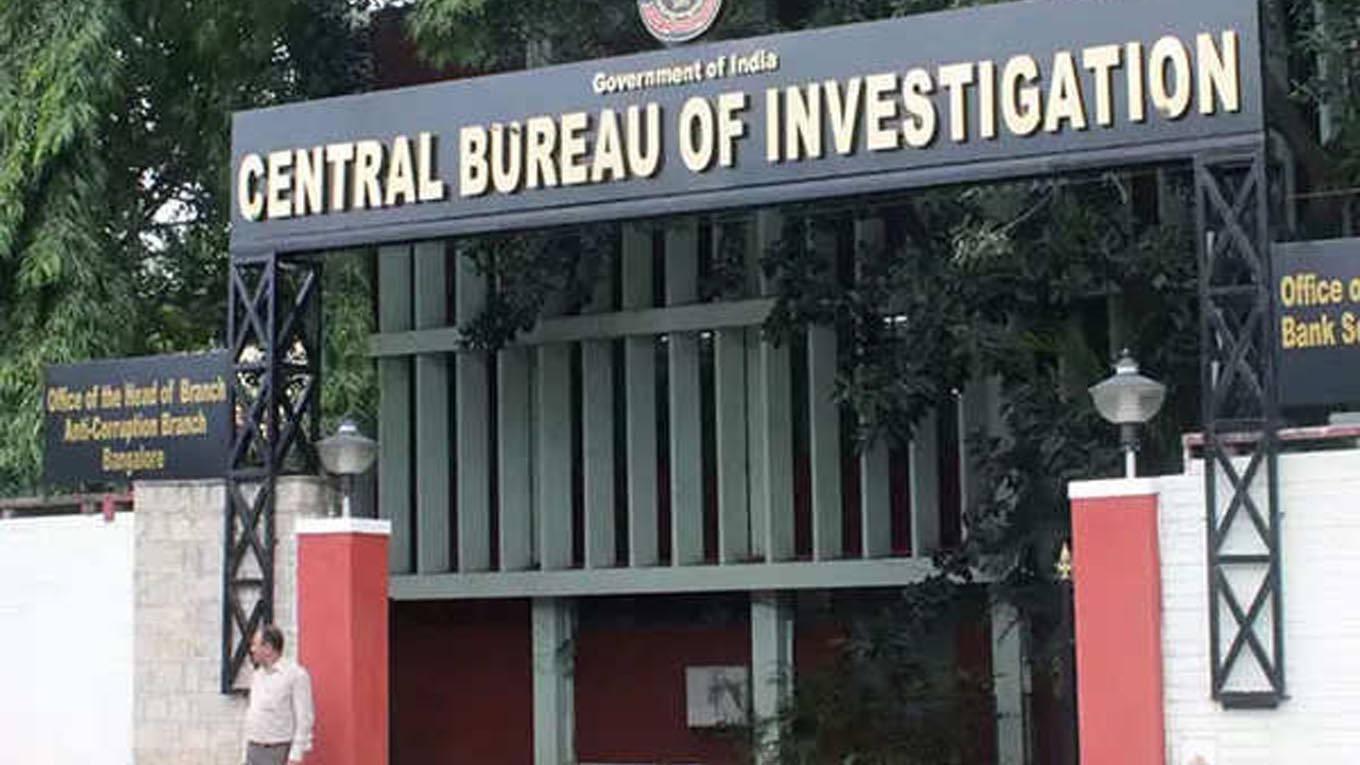The Central Bureau of Investigation (CBI) was set up under the Delhi Special Police Establishment Act of 1946. This law was enacted to give the CBI powers to investigate cases of corruption involving Central government employees. However, under Section 6 of the Act, the state governments, except that of Delhi and the Union Territories, can withdraw this permission accorded to the CBI. The CBI functions under the Ministry of Personnel, Pensions & Public Grievances of the Central government, and is exempted from the purview of the Right to Information Act. Usually, though not always, the ministry is headed by the prime minister, with a minister of state reporting to him. In the latest round of confrontation the BJP-ruled Centre and the opposition-ruled states, the CBI has emerged as the favourite punching bag of the latter. One by one, a number of non-BJP states such as Jharkhand, Kerala, Maharashtra, West Bengal, Rajasthan, Chhattisgarh and Punjab have withdrawn general consent accorded to the CBI to investigate cases. On each such occasion, the state government had hinted that it suspected the agency of acting at the behest of the Centre. Now, the investigative agency will have to seek permission from the state government to probe each and every case. The withdrawal of permission by the Uddhav Thackeray government in Maharashtra created the maximum ruckus. The decision was driven by the suspicion that the agency may take over a case being investigated by the state police regarding the manipulation of TV viewership figures, which the state police has started investigating. The pro-BJP and anti-opposition channel Republic was the target of this investigation. Previously, the CBI had taken over the police investigations into the death of Bollywood actor Sushant Singh Rajput from Maharashtra police at the behest of the government in Bihar. Punjab vs Centre In the case of Punjab, the state had earlier withdrawn consent given to cases of Bargari sacrilege and Behbal Kalan firing, after the Assembly had passed a resolution to withdraw these cases from CBI. Punjab is already locked in a confrontation with the Centre over the latter’s farm laws. The state government has sided with the farmers protesting against the laws. The state’s Legislative Assembly not only passed Bills negating the Centre’s legislation, but its chief minister Amrinder Singh led a dharna of legislators at Jantar Mantar in Delhi against the Union government recently. The Centre has hit back by suspending goods trains to Punjab, citing as reason that the protesting farmers are ‘blocking the tracks and posing a threat to railway employees’. The Centre has also withheld the Rural Development Fund (RDF) given to Punjab every year during the procurement of paddy. The state is set to lose Rs1,100 crore if the Centre does not relent. With the suspension of train traffic, the state’s thermal plants have been shut for want of coal, farmers are unable to get fertilisers and industry consignments are stuck. The CM spoke to Union Home Minister Amit Shah to seek his intervention, but no headway has been made yet.
-

The CBI has emerged as the favourite punching bag of the Opposition

































